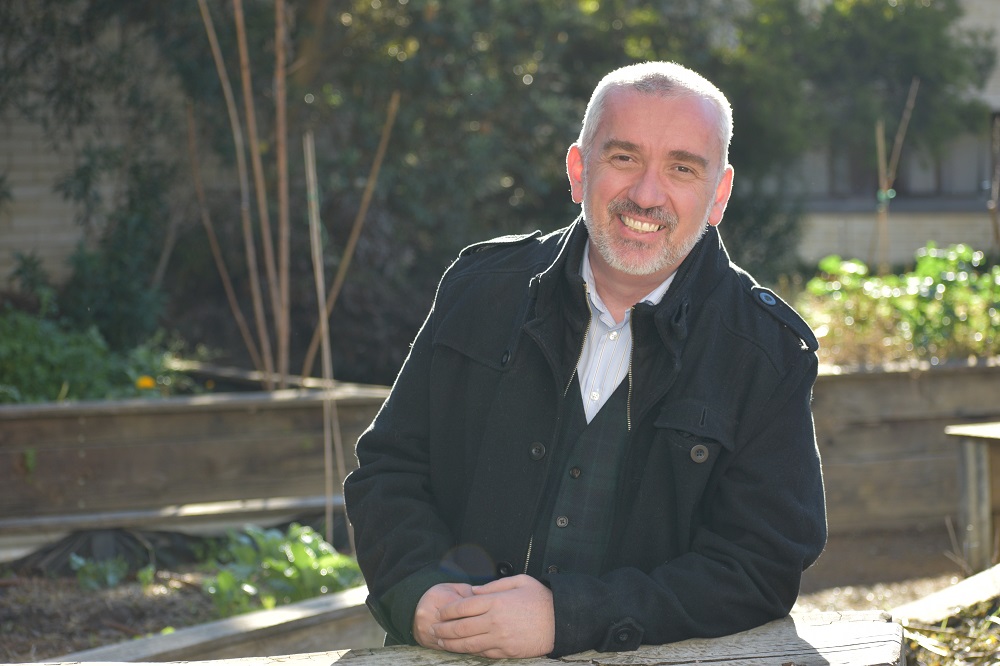Suzanne Lazaroo
17 November 2020: Exploring what it truly means to feed the brain, University of Canberra Associate Professor of Food Science and Human Nutrition Dr Nenad Naumovski will be presenting a webinar tomorrow on nutraceuticals, bioactives and dietary approaches that could impact mental health.
Dr Naumovski will deliver the webinar in conjunction with the International Bipolar Foundation.
“There is huge potential for natural compounds to contribute to the prevention and treatment of many diseases – and this has become a research focus for many labs around the world,” he said. And with a fast-growing global interest in nutraceuticals – food as medicine, with physiological benefits that transcend the nutritive properties as well.
“Pharmaceutical and food industries have similar interests in the identification, characterisation and adaptation of purified compounds from plant and fungi sources – it has even been suggested that some bioactive compounds with antiviral properties, such as curcumin [from turmeric], should be explored to see if they can potentially aid in the fight against COVID-19.
“These can be explored as supplemental medication, used complementarily to mainstream medicines.”

In this webinar, Dr Naumovski will be focusing on bioactive compounds associated with a psycho-cardiological effect – reducing anxiety and depression, improving cardiological function and improving the quality of sleep.
“These are particularly important effects in relation to the world we are living in today,” he said. “The events of this year alone have made that clear. In Australia, fire and floods and a global pandemic, have taken both a mental and physical toll.
“However, there are only a few research groups in Australia currently exploring how natural compounds can affect mental health, and we are collaborating on several projects, including the development of products from a green tea amino acid, L-theanine.”
Dr Naumovski is also building on his previous work – including a population-based study, in a collaboration led by Professor Demosthenes Panagiotakos from Harokopio University of Athens. In this study, researchers looked at the consumption of coffee, green and black tea among people living in Greece and on the Greek islands to see how consumption might affect healthy ageing.
“One of the things that we found very interesting was that while the people in that region traditionally only drink tea when they are sick, the consumption of green tea was still found to be associated with a Successful Ageing Index – so even in countries where green tea is not traditionally consumed, it is still shown to have beneficial effects,” Dr Naumovski said.
“Green tea has thousands of components, and one of these is L-theanine, which has shown some positive clinical and statistical results in treating stress and its physiological aspects, such as raised blood pressure.
“The next step is to take studies like these further into the general population – for instance, to see if a compound like L-theanine can affect the quality of sleep.”
In his presentation, Dr Naumovski will also explore studies on curcuminoids (from turmeric) and the anthocyanins found in blueberries, as well as the successes and pitfalls of dietary interventions in terms of improvement in the gut-brain axis – the mutually affective two-way communication link between the gastrointestinal tract and the central nervous system.
Associate Professor Naumovski will be delivering his talk on nutraceuticals on 18 November 2020, at 11am. Click here for more information, or to register.
Read more on the future of food, in the latest UnCover magazine.


